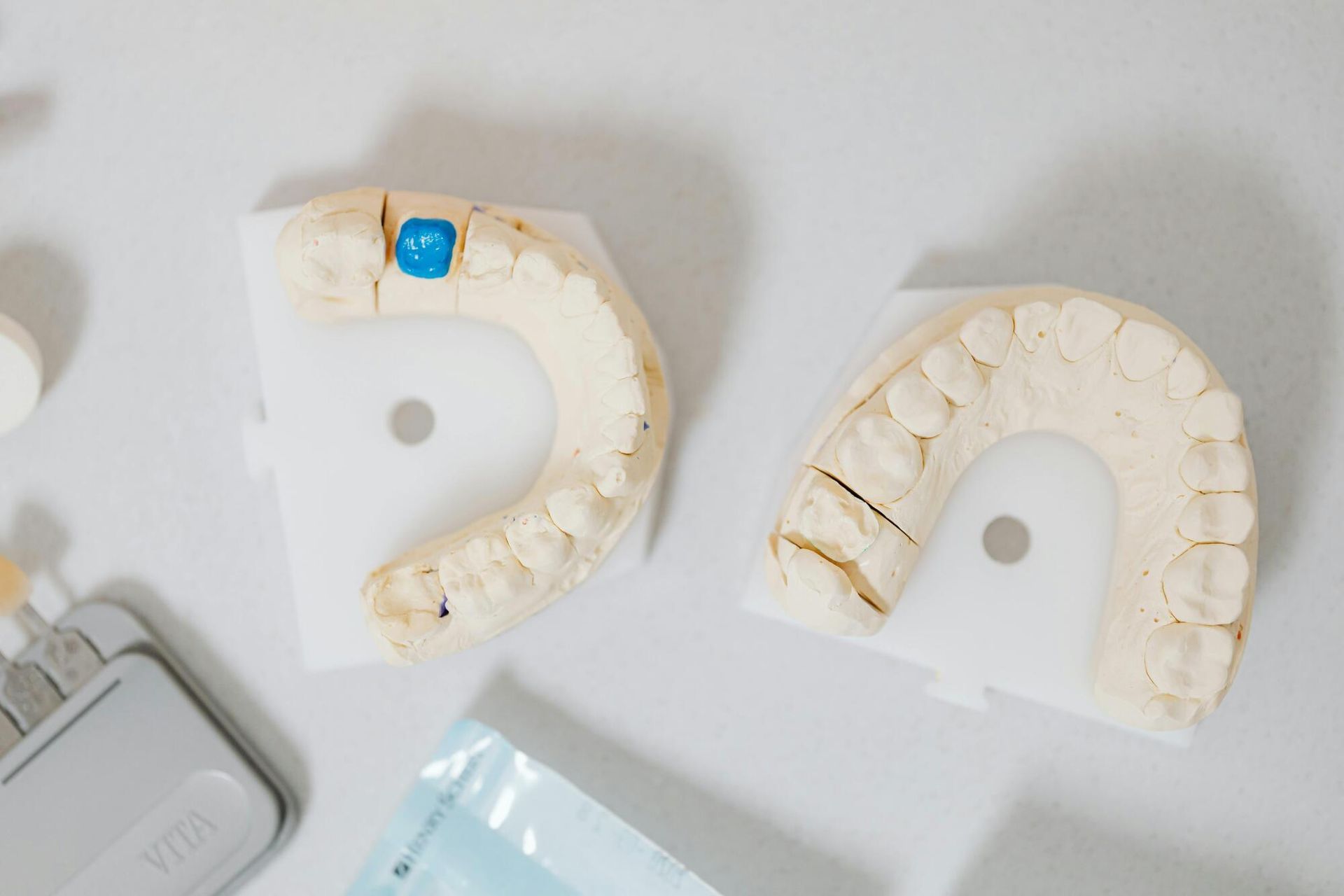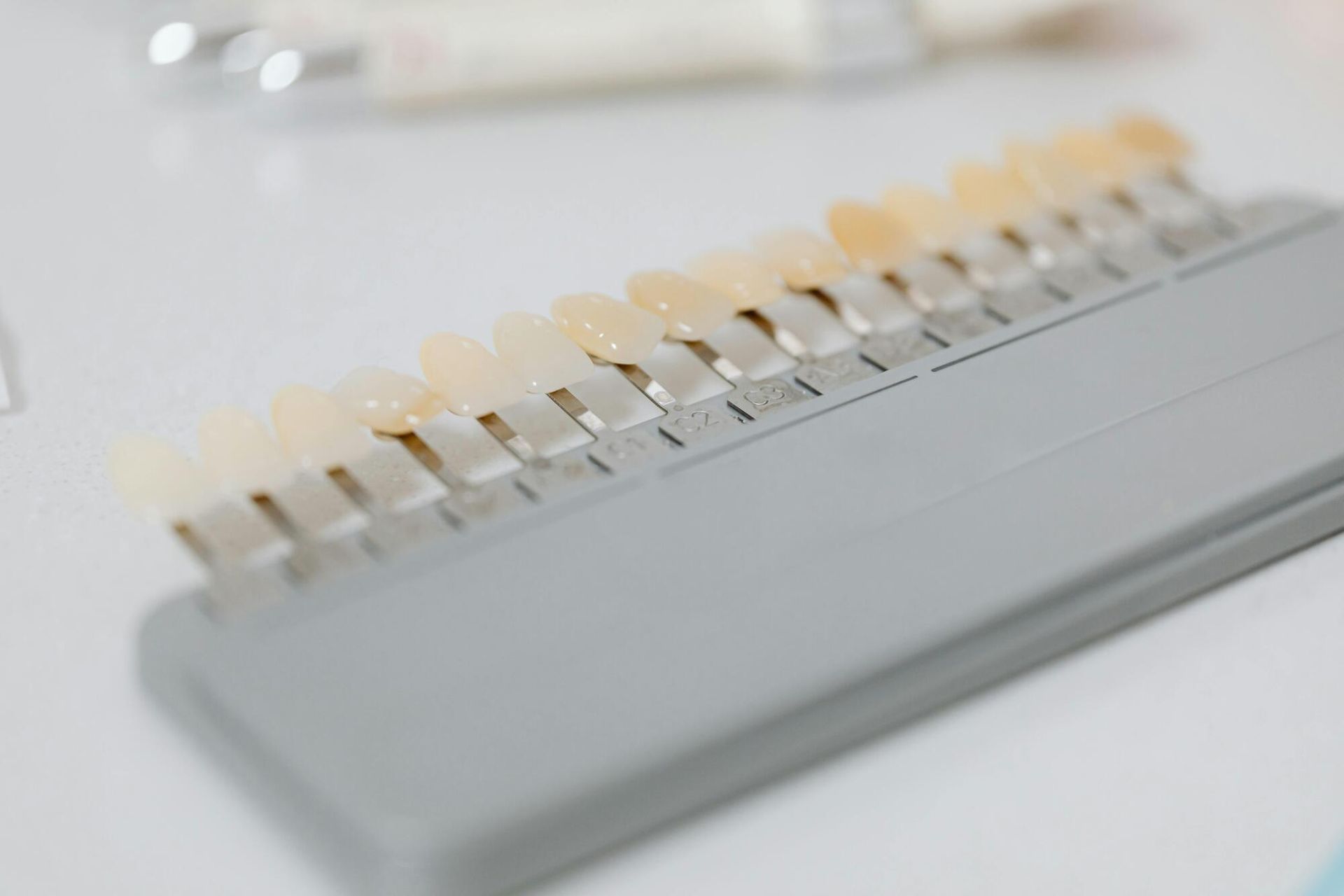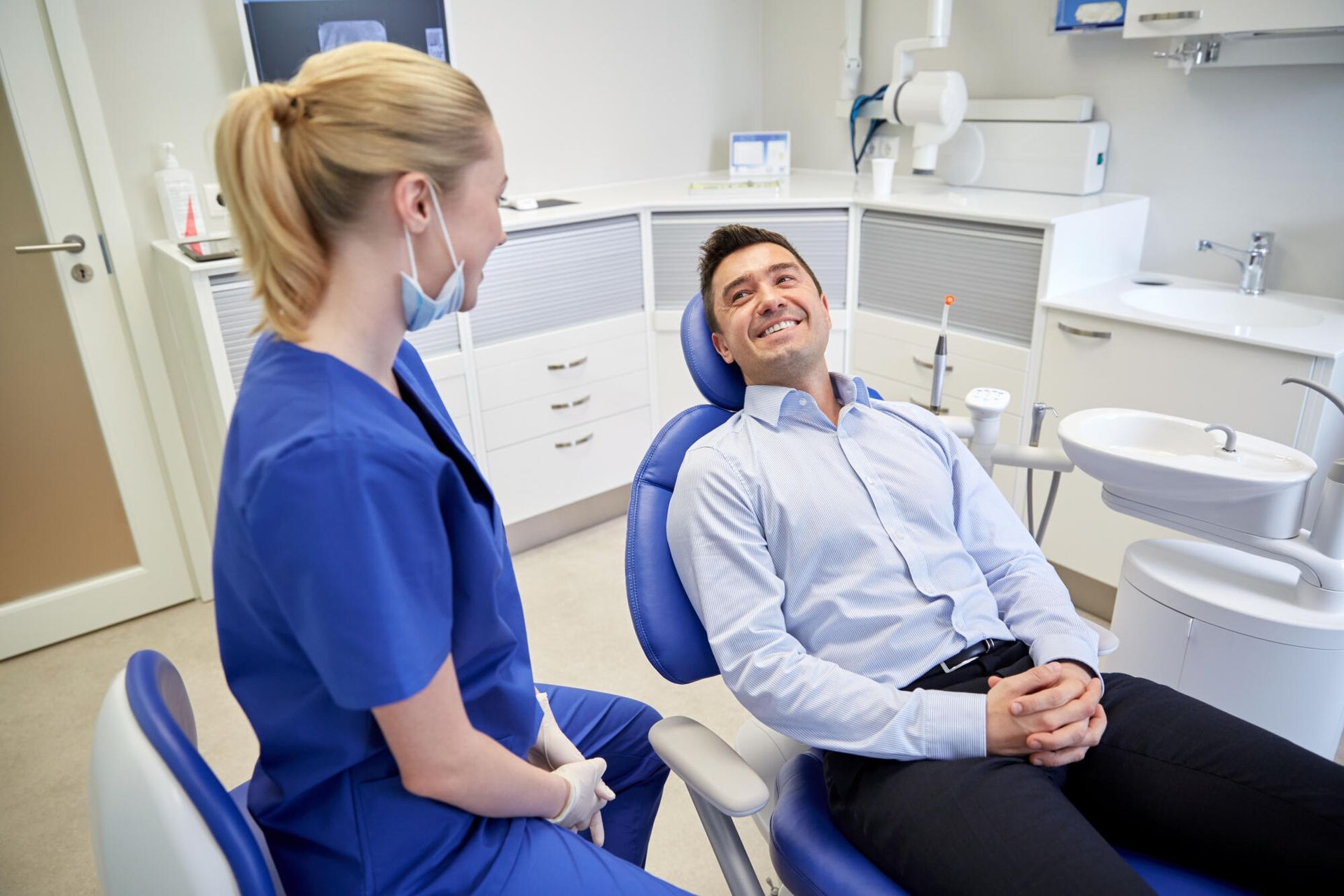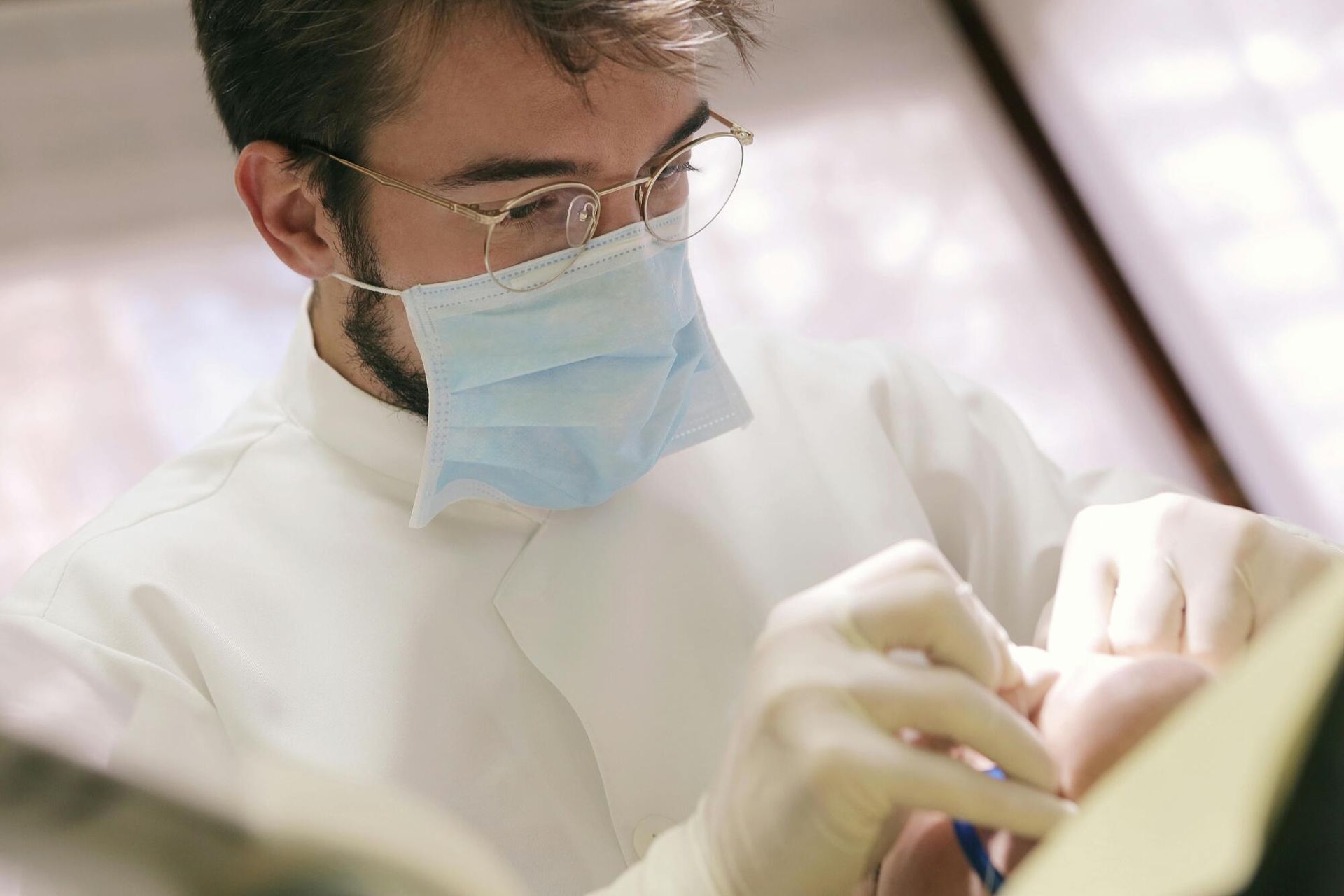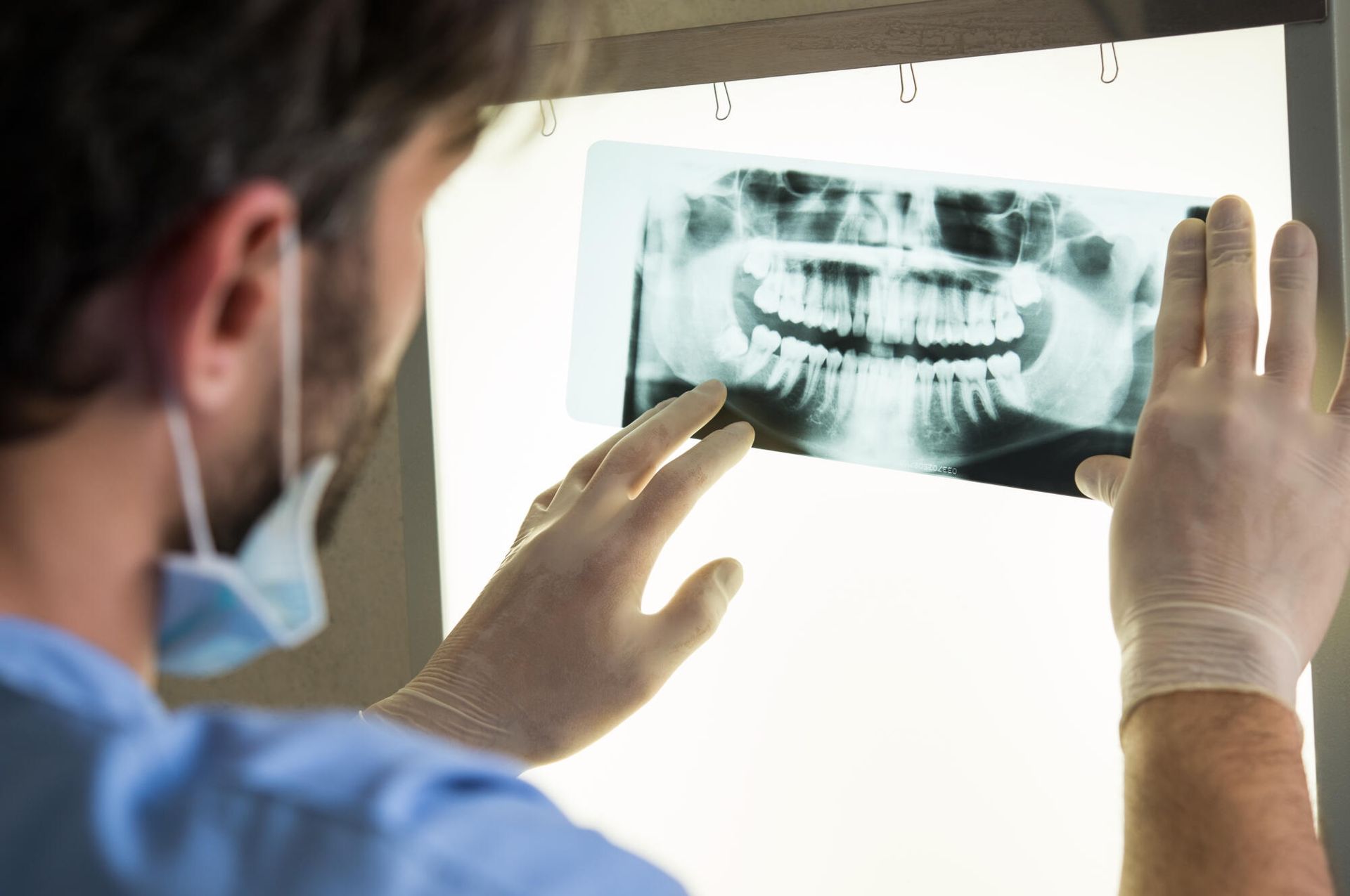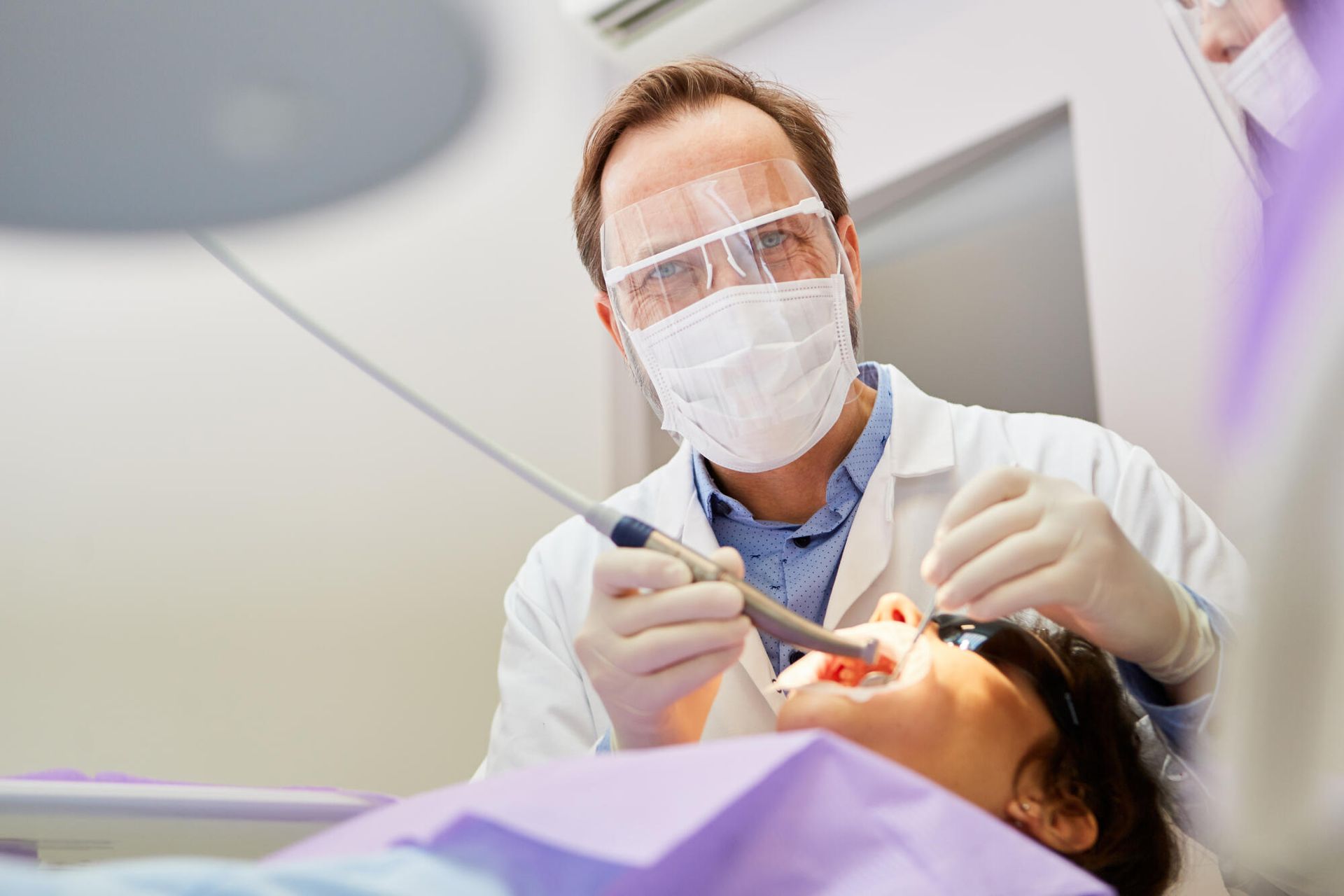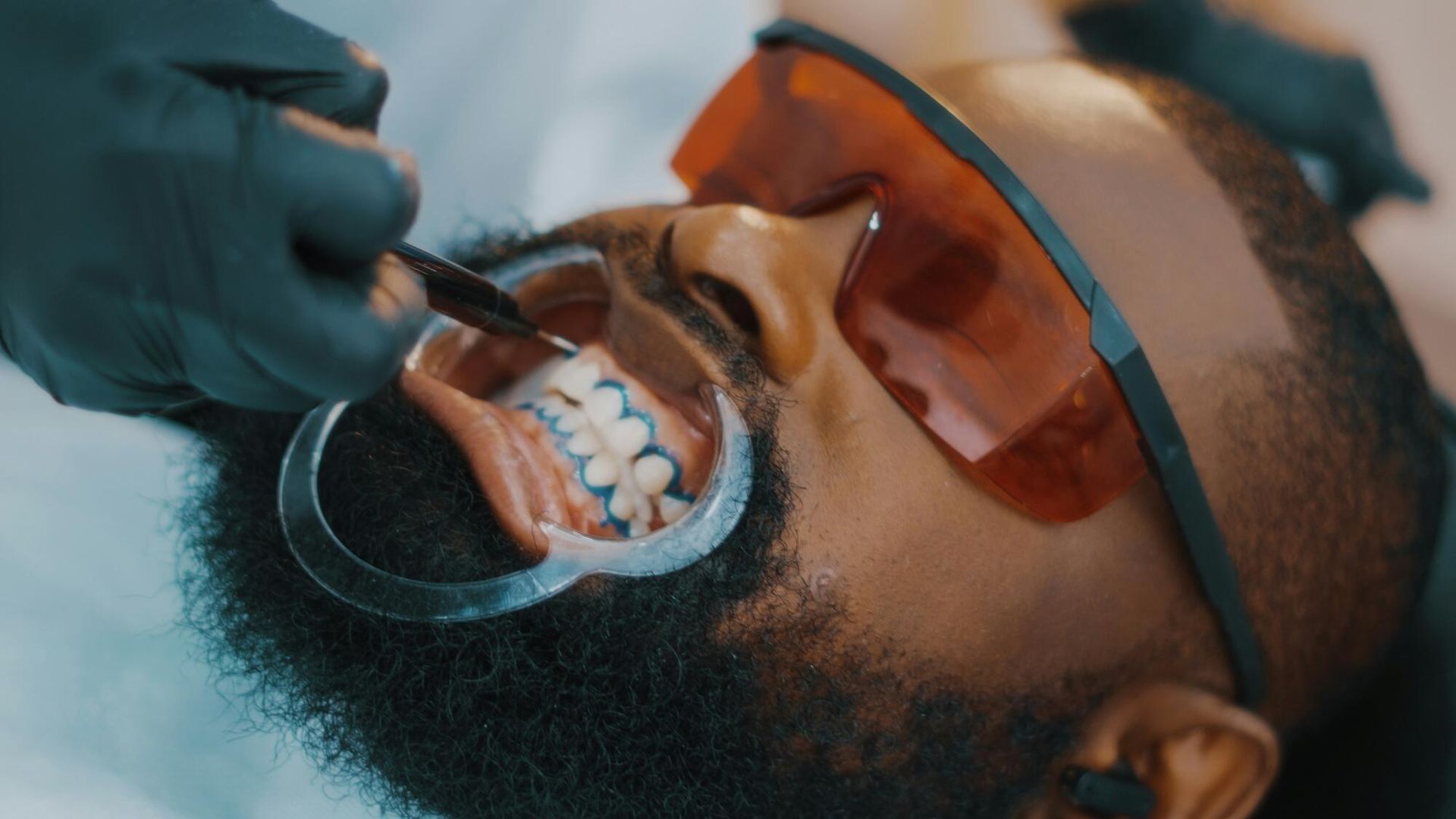What to Expect During Your First Dental Crown Appointment
You are biting into a sandwich and crack. A chunk of your molar disappears like a magician's trick gone wrong. Fast forward a week, and you are staring at the calendar: Dental crown appointment, 2:30 PM. If your mind jumps to medieval headgear or something worthy of a Game of Thrones finale, you are not alone.
But here is the real story: your first dental crown appointment is not a nerve-wracking ordeal; it is a precision-focused pit stop for your tooth's long-term performance.
Let us go through what to expect for your tooth crown procedure.
The Consultation and Evaluation
Before any drilling, molding, or fitting begins, your crown journey starts with a thorough consultation. This initial visit is primarily focused on diagnosing the issue and determining whether a crown is the most suitable solution. Your local dentist will ask about your symptoms, whether you are experiencing sensitivity, pain when biting, or visible damage to the tooth.
From there, they will take X-rays or digital scans to get a detailed look beneath the surface. These images help assess not only the damaged tooth but also the surrounding bone and nerves, ensuring there is no hidden infection or structural issue that could affect the treatment.
This phase is not just clinical; it is collaborative. You will discuss treatment options, learn about the purpose of a crown, and have the opportunity to ask questions about materials, procedures, or timing. Some patients come in expecting a quick fix, only to find out that the tooth requires additional work, such as a bridge.
Dental Procedure Steps: The Procedure Itself
The first visit to tooth restoration is where the majority of the hands-on work takes place. After numbing the area with local anesthesia, your dentist will carefully reshape the damaged tooth.
This step is crucial: the tooth needs to be trimmed down to make space for the crown to fit snugly and sit flush with your other teeth. If the tooth is severely worn or broken, a filling material may be added to build it up and ensure a stable base for the crown.
After shaping, your dentist will take an impression of your tooth. This can be done using traditional dental putty or a more modern digital scanner. These impressions are sent to a lab, where your custom crown is crafted to match the exact contours and color of your surrounding teeth.
In the meantime, a temporary crown is placed to protect your prepared tooth and maintain function. It is usually made from acrylic or resin and is secured with temporary cement, allowing it to be easily removed later.
The second appointment is where things come together. Your dentist will remove the temporary crown, clean the tooth, and test the fit and color of the permanent crown. Minor adjustments may be made to ensure your bite feels natural and comfortable.
Once everything checks out, the crown is permanently cemented in place. The final result should look and feel like a natural part of your smile, blending seamlessly into your bite and daily routine.
Aftercare and What Comes Next
Once your permanent crown is cemented into place, you will be able to return to normal eating and speaking almost immediately, but that does not mean your work is done.
For the first few days, it is common to feel some mild sensitivity to temperature or pressure, especially if the tooth was trimmed close to the nerve. This should fade quickly, but your dentist may recommend using sensitive toothpaste to ease the transition.
It is also worth paying attention to how your bite feels. If the crown feels too high or causes discomfort when chewing, do not wait; contact your dentist immediately. A quick adjustment can resolve the issue and prevent longer-term problems, such as jaw soreness or uneven wear on your other teeth.
Ongoing care is simple but essential. Brush your teeth twice a day and non-abrasive toothpaste. Floss carefully around the crown, especially near the gumline, where plaque can build up.
Crowns themselves do not decay, but the tooth underneath still can, particularly at the margins where the crown meets your natural enamel. Returning to the dentist as requested will help monitor the crown's condition and catch any problems early.
With the proper care, your crown can last 10 to 15 years or even longer. Your dentist may also give you a nightguard if you grind your teeth in your sleep, as nighttime pressure is one of the most common reasons crowns chip or fail prematurely.
Have the Right Dentist: Dental Treatment Guide
Not all dental experiences are created equal. When it comes to something as involved as a crown during your dentist consultation, having the right dentist can make a significant difference in both comfort and results.
A skilled and experienced dentist does not just fix the tooth; they walk you through the process, explain your options clearly, and help you feel confident about the decisions being made for your long-term oral health.
One crucial factor is the technology available at the practice. Some dentists offer same-day crowns. They will be able to pull off your crown in a single appointment with a temporary crown, no waiting period, and no second trip.
This option is ideal for busy patients or those who prefer to complete everything in one visit. Not every practice offers this, so if convenience is a priority, ask about in-house crown fabrication during your consultation.
The right dentist will also guide you through related restoration options, such as dental bridges. If you are missing a tooth entirely, a bridge supported by crowns on adjacent teeth might be recommended instead.
It is a more complex treatment plan, but a dentist who prioritizes precision and comfort can streamline the process, ensuring the bridge fits naturally and functions as it should.
Tooth Crown Procedure: Prepare Yourself Today
Going into a tooth crown procedure can be nerve-wracking. Now that you have some information, you will not have to stress as much going into things.
At Dr. Heather Martinson's Arlington practice, you are not just getting a crown; you are getting care built on 25 years of trust, precision, and a patient-first philosophy.
Our exceptional dental team utilizes the latest technology to ensure your visit is smooth, comfortable, and efficient. Whether you are here for a second opinion or starting fresh, we will ensure you understand each step and feel confident in your smile.
Request your appointment online to experience conservative, expert-driven care that puts your comfort first.
Dr. Heather E. Martinson
